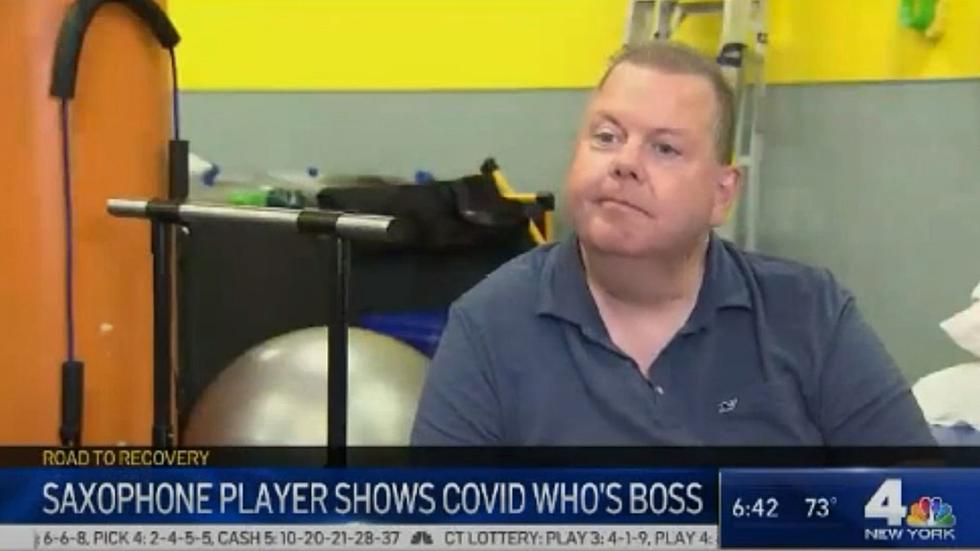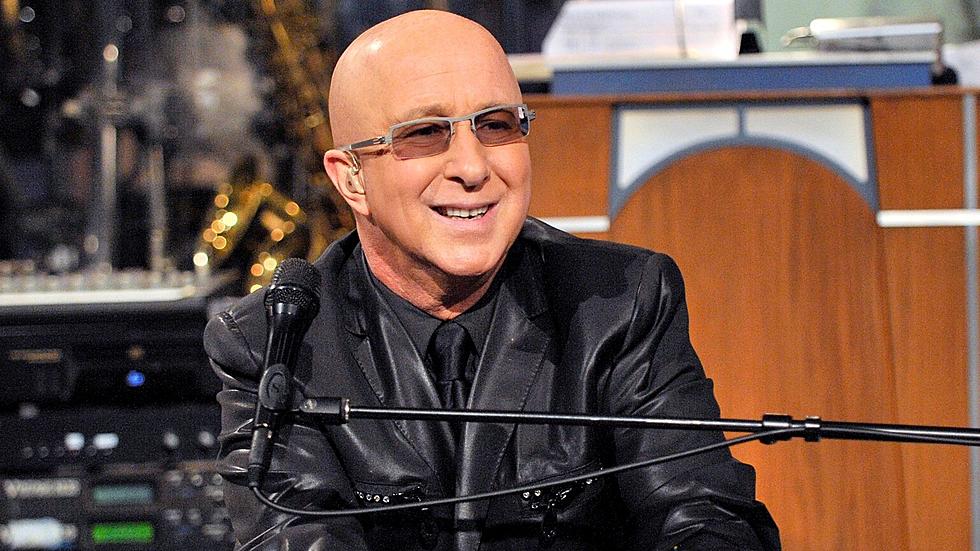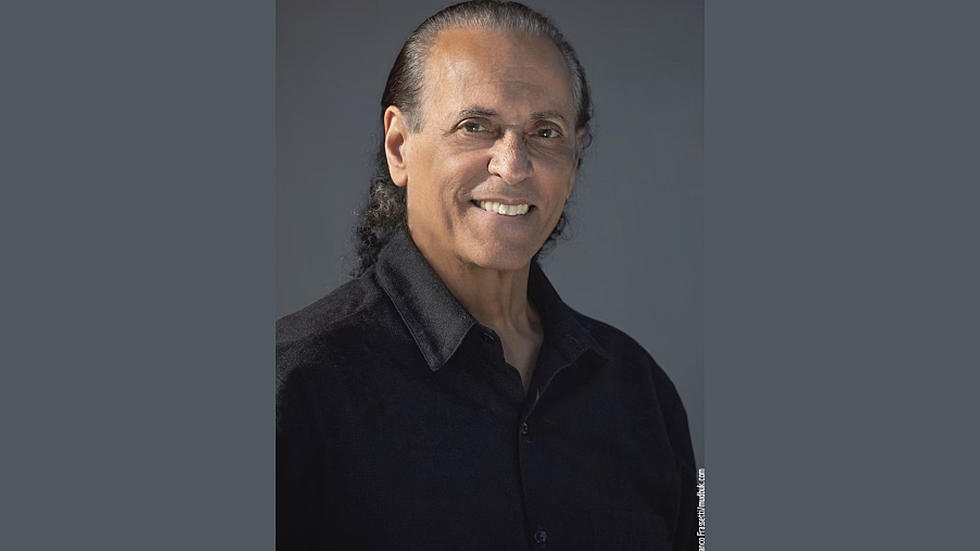
Should you be able to sell your organs in New Jersey? Why not? (Opinion)
April is National Donate a Life Month and there is no better gift you can give than donating an organ so that someone else can live.
But what if you wanted to sell that organ instead? Should you be able to? Right now it's against the law but John Bellocchio, 37, of Oakland, is suing the federal government to do just that.
Bellocchio's lawyer, Matthew Haichen, called into my show on Thursday night, April 15, to talk about why his client wants to sell his organs.
"John and I both feel that the current law is just unjust for many reasons," Haichen said when he called in. "We both feel that, the liberal way is 'my body my choice,' that's how I grew up learning that that's what liberals feel as far as abortions. So we feel that the government shouldn't get involved in what we do with our own bodies."
What's the argument that should allow him to do it?
There “is a broad misunderstanding among so many people that a well-regulated government-managed market for organs is something out of a bad Dickens novel, like Sweeney Todd-type stuff and it’s just not the case,” Bellocchio told The New York Post.
He went on to say in the article, “The reality is that on average there are 113,000 people every year on the waiting list for a new kidney, the vast majority of whom will die before they even have the opportunity to move near the top of the list.”
What does Haichen think this will do to the donor market?
"I guess there may still be people who would do it [donate] but...there are not that many people who donate their kidneys altruistically every year. And the ones that do, the vast majority do it for a family member." To which I said, "you're not gonna try to charge your friend or family member."
This year in New Jersey there are 4,000 people that need a life-saving transplant. When you or a loved one is suffering from need of an organ, how far would you go to get them one? There's a long list of people waiting for donors. Hopefully, everyone can get one but the reality is that not everyone does, nor does everyone meet the criteria qualifying them.
If you or a loved one was in need of an organ and had the means to buy one, you should be able to do it. Also if you wanted to sell a part of your body, which is your property, you should be allowed to. Today people can sell their blood, sperm, eggs, and plasma, why should they not be able to sell an organ?
Of course, the market would have to be regulated and taxed and there's also the question of insurance coverage. But it can be done.
We've been fortunate enough at New Jersey 101.5 to match two people with kidneys — North Hudson Fire Captain Robbo Pisani, and my cousin Rich Trevelise. Since then, we do what we can to try to help people find the organs that they need, people like Debra Kaufmann, Tony Mattarazzo and Jason Anderson.
Our own morning traffic reporter Bob Williams was in need of a kidney and had one donated to him by Kim Roumes. May the donations never stop. But if there's another way to get these people the organs they so desperately need and they may also be helping someone who desperately needs the money, then I'm all for it.
We put a twitter poll @realstevetrev and these were the results.
The post above reflects the thoughts and observations of New Jersey 101.5 talk show host Steve Trevelise. Any opinions expressed are Steve's own. Steve Trevelise is on New Jersey 101.5 Monday-Thursday from 7pm-11pm. Follow him on Twitter @realstevetrev.
READ ON: See the States Where People Live the Longest
NJ towns that actually cut property taxes in 2020
More From New Jersey 101.5 FM









